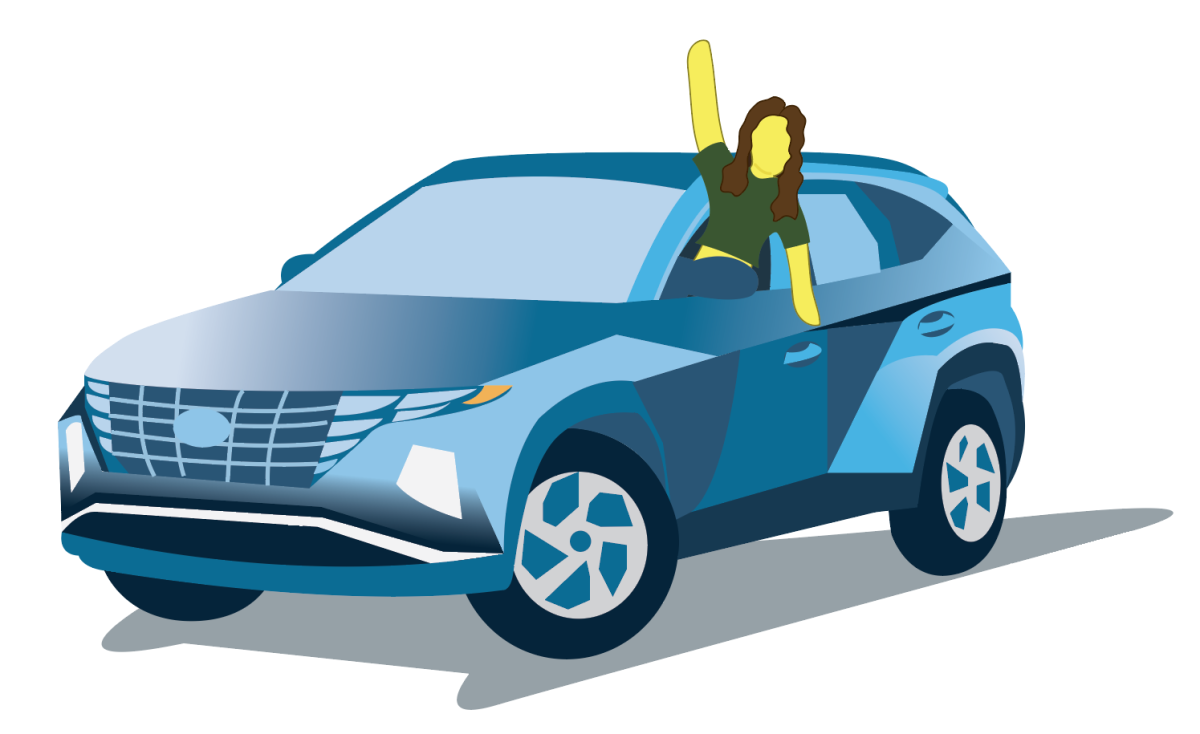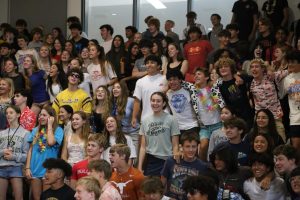Disney needs to stop remaking classic movies
June 24, 2019
I am a slightly bigger Disney nerd than your typical teenage white girl. My Disney playlist is over four hours long and not only includes the classic “Golden Age” films but also music from the TV shows, Disney Channel Original Movies, and score pieces. Like many, I grew up on Disney culture and it’s an important part of my childhood, but recently I’ve begun to have an issue with their “new” releases.
Enough is enough. Disney has built its name on originality and bringing to life stories that impact kids and adults alike for generations to come—no remake needed.
It began with The Jungle Book (1994) and 101 Dalmatians (1996). As soon as the 21st century rolled out newer technology and ideas, Disney began recycling its old hits into tired live-action remakes. While some films like Maleficent (2014) do include new spins on original plot devices, other films such as Beauty and the Beast (2017) simply take a successful film and reproduce it with generic live-action characters and some CGI technology added in. Despite Disney’s lack of ingenuity, we keep enabling this process, leading to Disney promising live-action releases of Dumbo, Aladdin, and The Lion King in 2019 alone.
Many bring up the alleged fact that Walt Disney himself included a request in his will for his films to “be remade every 10 years so each generation gets to enjoy them,” but there is simply no logic behind this. First of all, consider the sheer amount of movies that have never been given a remake despite having been released decades ago, such as Bambi (1942), Pocahontas (1995), and many others. Additionally, the remade movies do not follow the “10 year plan” and would hypothetically have had to be remade several times over at this point in order for the claim to be credible.
Ultimately, the reason boils down to money because rather than hoping for a new film to exceed its towering, multi-million dollar cost and make history for the company, Disney believes it can ride the coattails of previous movies such as Aladdin (1992), the top grossing animated film as of 1992 and earned $504 million worldwide. In a generation of technology with a greater reliance on streamed media rather than investment in cinema tickets and physical copies of film, Disney’s high-cost movies become riskier as they must be certain they will bring viewers in. However, with successes such as Aladdin (1992) beneath the company’s belt, making remakes is a less risky option and practically guarantees a market audience.
And Disney certainly wasn’t wrong. Beauty and the Beast (2017), The Jungle Book (2016), and 101 Dalmatians (1996) (to name a few) have all surpassed the original movies’ grossing incomes. But at what cost? Instead of amazing audiences of all ages with timeless hand-drawn animations and imaginative plots few could compete with, Disney is at risk of becoming dull, worn out, money-driven—a company once famous for their ability to dream that became infamous for their lack to do just that.
These films will not leave a legacy. In 10 years, they will not have left a lasting impression on anyone besides the salaries of which they have fueled. Rather than invoke the nostalgia that remains with adults today, Disney remakes will simply be pushed to the back of the archives, waiting for a future where creativity is valued once again.







